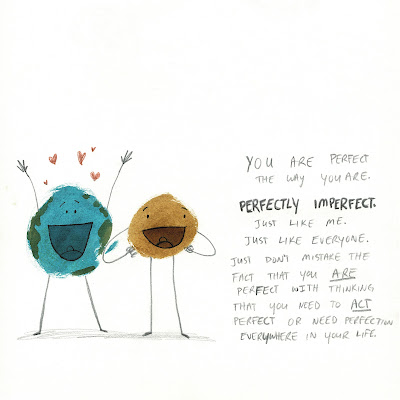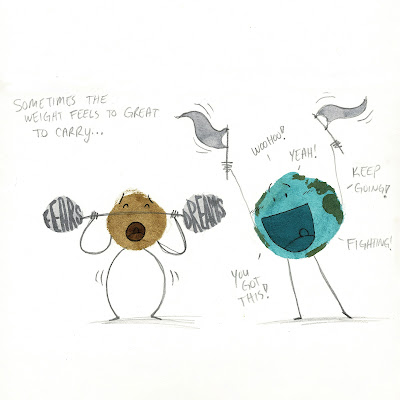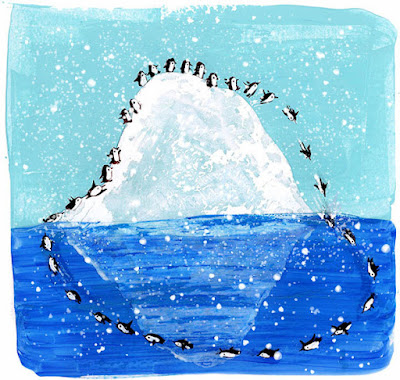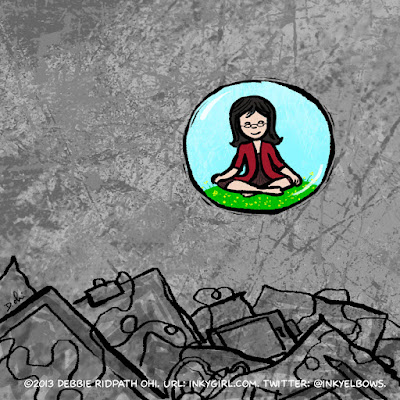It’s exciting to hear that the SCBWI winter conference will be back in person in January 2023. For those who decide to attend and are unable to make use of the SCBWI hotel referral with conference discount rates or those who may just be traveling soon to visit family or leisure, please be aware that there are hotel scams out there.
Disclaimer: I am not an expert on this subject matter. I had a recent bad experience with one and while I will not be giving company specifics, I’ve pulled together a few tips based on hindsight, research, and an endless mental loop of replaying the events. Here are the warning signs I didn’t notice earlier that I hope someone else will before they spend any of their hard-earned money.
If you’re using a 3rd-party app to reserve your hotel, make sure it’s a reputable and trusted app. I began my journey by using a 3rd party app that I’ve used many times and still love, but I needed to communicate with the hotel to verify some aspects of my reservation. So once I found a hotel I was interested in, I did what I thought was the next logical thing: I did a web search for it to find their phone number. Only, the phone number I called was not the hotel phone number.
Do not automatically trust the first results/sponsored results on a web engine search. The first result was the phone number I called. Retracing my footsteps after the fallout, i discovered that the first result, a sponsored result, was a spoof site that mimicked the hotel website, but was actually a 3rd party, completely unaffiliated with the hotel. What I didn’t notice immediately:
The site url was significantly longer than the valid hotel website. It included strings like [hotelname][city].guestreservations…
The sublinks listed “About the hotel” and not “about our hotel”. Wordsmiths will appreciate this important distinction, since one clearly states a lack of relationship without a direct lie (maybe the sign of an unreliable narrator?) and one states clear ownership and responsibility.
Sponsored results MAY be valid. They may also NOT be. They are also known as ads, paid for by the company to get their post listed higher in a search. It’s an older version of the recent new world of Twitter verified accounts…good luck, have fun.
Do a google search of any phone number listed before calling, particularly if it’s a 1-800 number. When I entered the number I called into google, I immediately found a TripAdvisor post warning about this as a scam company plus many other similar posts on other websites. Better yet, avoid 1-800 numbers altogether and do a map search for the specific business, which will often include a phone number with a local area code.
When you do call a hotel, listen closely to their intro recording for a business name. This phone number never once mentioned their business name anywhere, ever. In contrast, when I called the Hilton--which happens to be both the SCBWI hotel as well as one I had a great experience with--they used every opportunity on their phone recordings to give you brand recognition and tell you all the opportunities to join their rewards programs. Valid companies want you to know exactly who you are working with at all times so you can build trust with them and return for repeat experiences.
When in doubt, ask who they are. Ask them directly on the phone if they are [insert hotel name]. If they are not, hang up. If they put you on hold to contact someone else to confirm booking, hang up.
Customer service often trumps cancellation policies. The other warning sign I failed to notice was the very tight cancellation policy. The first date they gave in their cancellation spiel before charging my credit card was in the past, and the second date for no refund was midnight. I did pause a moment then and think that the dates were odd and very specific, but since I was booking something for the next day, I just assumed that I was inside their normal cancellation window. When I called back to talk to customer service on the day of the hotel reservations to discuss the issues I had, they said that the window for cancellation was past. I explained the reasons why I should still get a refund and they said they would need supporting paperwork, which I promptly emailed them and got exactly what I anticipated: radio silence.
Valid companies want happy customers and often do what they can to find ways to leave the customer feeling at least partially satisfied with a bad outcome: issuing partial or full refunds, discount vouchers, or credit towards a future reservation.
What to do if you fall prey?
Try your best to get the company to refund your money. Record as much information during this process as possible.
Contact your credit card company to put a stop on payment to that account. This will not guarantee that you will get your money returned, but it is an option to challenge the payment instead of doing nothing.
If you have any company information, report their bad practice to the Better Business Bureau (or equivalent in your country).
Learn from this mistake and don’t let one bad experience define all your travel and adventures in the future. It’s a wide, beautiful world out there and most people are very kind. Don’t let the killjoys stop you from living.
And most importantly, forgive yourself. We’re all human, we make mistakes. I’m still working on this one.
TL;DR: Hotel scams exist and do your research thoroughly before making reservations.
 |
| © Cole Montgomery |
More about Gail at her website and instagram.










.png)







